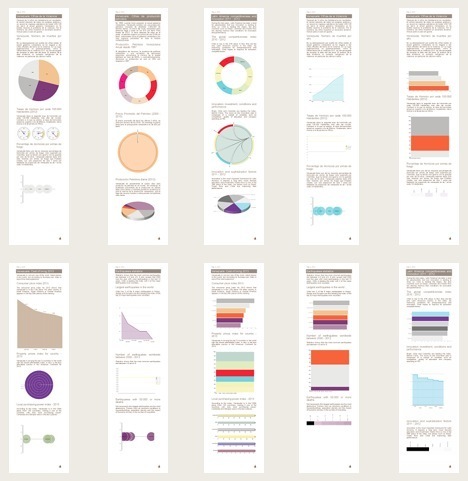5 Steps For Optimizing Your LinkedIn Company Page

Search And Social Meets Content And Influence
On April 3, the New York Times reported that LinkedIn is one of many competitors vying for a piece of Google’s search traffic.With over 5.7 billion professionally oriented searches performed on the site last year, LinkedIn has made continued efforts to improve the search experience, adding new features like auto-complete, suggested searches, automated alerts and a smarter query intent algorithm.
Content marketing on LinkedIn puts you and your business in front of the people you want to see it. Just like with Google, there is a renewed focus on content at LinkedIn as the company strives to compete with other social networks.A great example of this is LinkedIn’s recent acquisition and integration of SlideShare, a service used for uploading and sharing presentations.
Add to this the launch of new products like LinkedIn Today, LinkedIn Influencers (where a hand-picked crew of 200 celebrity professionals present exclusive content), and Sponsored Updates (allowing brands to promote whitepapers and branded content), and marketers have a powerful platform that combines search and social and connects content with influencers.
Read More: http://marketingland.com/5-steps-for-optimizing-on-linkedin-50318






